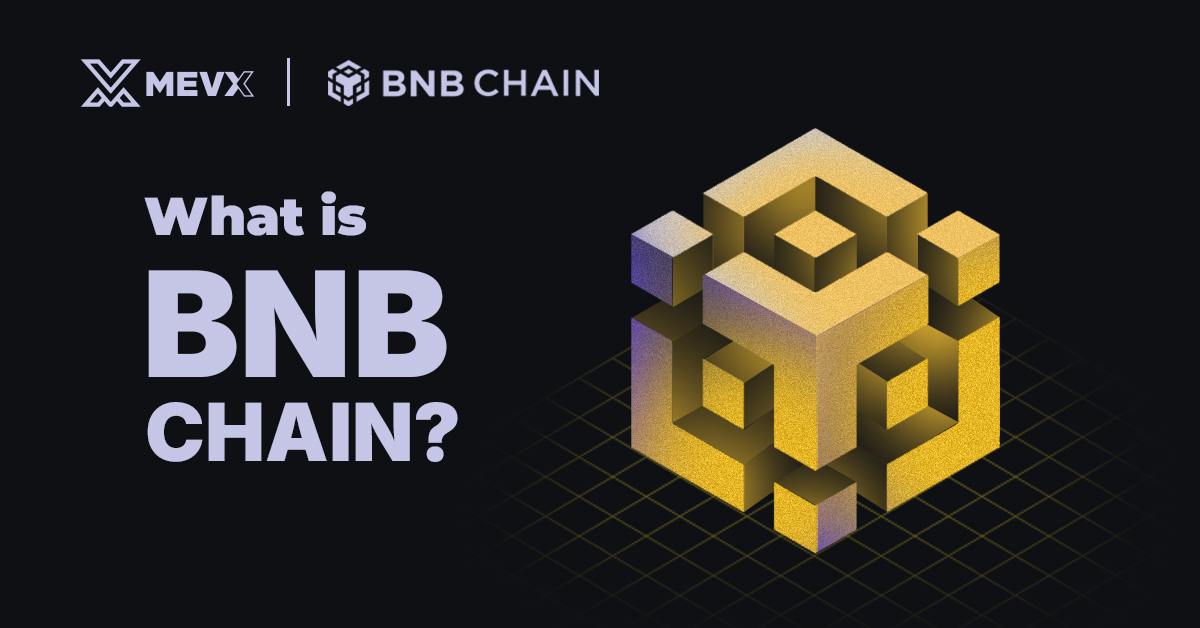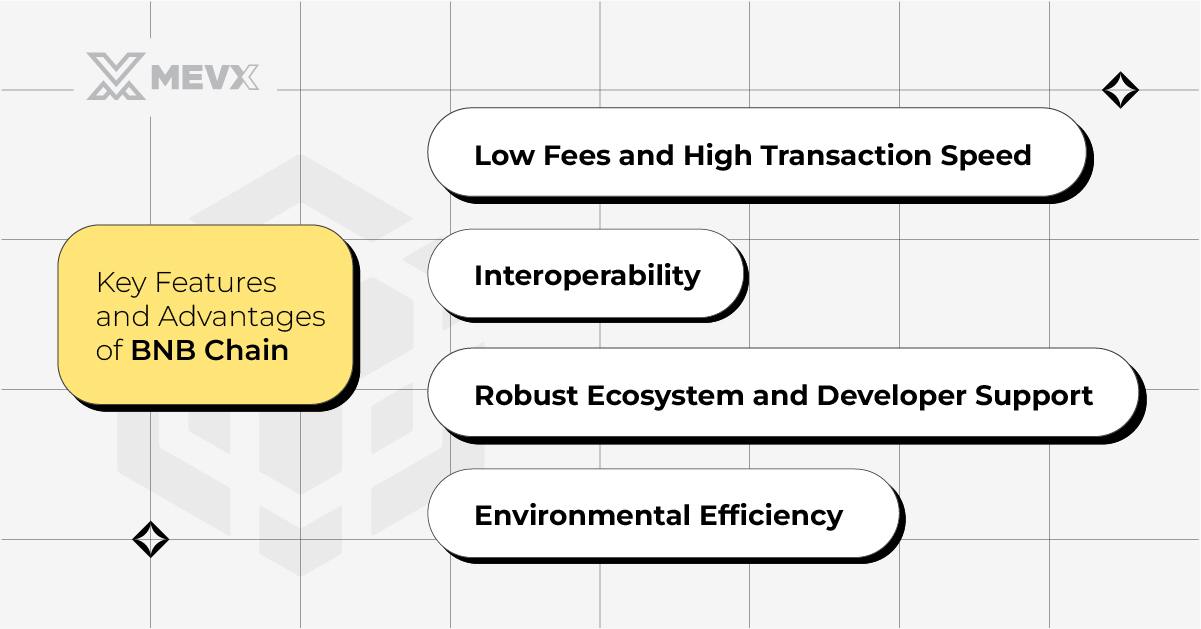BNB Chain has frown into one of the most prominent blockchains in the cryptocurrency landscape, offering fast-paced transactions, low fees, and a robust ecosystem built to serve users’ needs worldwide. Originally conceived as Binance Chain, it was designed to offer high performance for crypto trading on the exchange provided by Binance. Over time, the Binance Chain grew into what is now known as the BNB Chain, from facilitating simple transactions in the digital economy to serving a wide multitude of decentralized applications (dApps), financial services, and even non-fungible tokens (NFTs). In this article, we look at the journey of the BNB Chain, its key features, and how different it is from other blockchains.

What is the BNB chain?
History and Evolution from Binance Chain to BNB Chain
The BNB Chain was born as the Binance Chain in April 2019 from the house of the Binance team. It was targeted to serve its earlier version, Binance’s decentralized exchange (DEX), which required a blockchain that could give faster and scalable performance to support high-frequency trading. However, as the demand for smart contracts and decentralized applications grew, Binance Chain’s limitations in supporting such applications became evident.
To address these needs, Binance launched Binance Smart Chain (BSC) in September 2020. Binance Smart Chain introduced smart contract functionality and allowed for interoperability with Binance Chain. Together, these two chains supported high-speed transactions and smart contract functionality, creating a dual-chain structure that facilitated a broader range of activities on the network.
In February 2022, Binance rebranded Binance Chain and Binance Smart Chain collectively as BNB Chain. This rebranding has placed weight on the fact that the blockchain network has grown well past Binance’s ecosystem, is more decentralized, and is open to a global community. It also cemented its commitment to open-source development and building out a wider decentralized finance (DeFi) ecosystem.
Key Features and Advantages of BNB Chain
BNB Chain boasts several features that have set it apart as one of the most popular blockchains in the industry:

Key Features and Advantages of BNB Chain
- Low Fees and High Transaction Speed: BNB Chain provides a cost-effective solution for users and developers. The network applies a consensus called Proof-of-Staked-Authority (PoSA), combining aspects of Proof of Authority and Delegated Proof of Stake. This mechanism allows for faster block times and higher transaction throughput compared to many other blockchain networks.
- Interoperability: BNB Chain supports the BEP-20 token standard, compatible with Ethereum’s ERC-20, so the transition of projects or deployment of new dApps on BNB Chain is easy. Additionally, BNB Chain also supports cross-chain functionality that can be implemented to allow seamless asset movement between BNB Chain and other blockchains.
- Robust Ecosystem and Developer Support: BNB Chain is a well-established ecosystem where thousands of dApps from decentralized exchanges to lending protocols, NFT markets, and gaming applications reside. Support from Binance in terms of developer grants and hackathons has further catalyzed innovation within the BNB ecosystem.
- Environmental Efficiency: BNB Chain’s PoSA consensus algorithm requires fewer resources than energy-intensive Proof of Work (PoW) chains, making it a more environmentally friendly blockchain.
How BNB Chain Fits into the Binance Ecosystem
BNB Chain is at the core of the Binance ecosystem, serving as an engine for several of Binance’s DeFi portfolio products and services, such as Binance DEX, PancakeSwap, and plenty of other DeFi lending and borrowing platforms. It also supports the BNB token, which is the case for many use cases within the Binance ecosystem, such as trading fee discounts, staking, transaction fees, and even participation in token sales on Binance Launchpad.
Moreover, Binance uses the BNB Chain as a foundation for Binance NFT and other applications based on the BNB Chain. It is the choice of all-in-one users and developers who need speed and functionality at the same time.
Difference Between BNB Beacon Chain and BNB Smart Chain
BNB Chain is composed of two distinct but interconnected blockchains: BNB Beacon Chain and BNB Smart Chain (BSC):
- BNB Beacon Chain: It is focused mostly on BNB Chain’s governance and handles Binance DEX’s transactions. Its main function is to be used for fast asset transfers and governance activities, such as staking or voting.
- BNB Smart Chain (BSC): The BSC chain can be extended further and is EVM-compatible. This is beneficial for smart contract functionality. Because of its variety in hosting many protocols of DeFi, applications with decentralization, and NFT platforms, it usually attracts most developers who seek scalability with a low fee for transaction settlement.
By splitting these functions across two chains, the BNB Chain enjoys much greater efficiency in resource utilization and much more scalability for a wide range of applications and transactions, all without sacrificing speed.
Conclusion
BNB Chain has evolved from a trading-centric blockchain into a multi-purpose, scalable network that powers a variety of dApps and services within the Binance ecosystem. With much lower fees, greatly improved transaction speed, and an eco-friendly consensus algorithm, BNB Chain is in an advantageous position where it can surge ahead in the greater blockchain industry. By realizing the difference in functionality between BNB Beacon Chain and BNB Smart Chain, and how BNB Chain fits within the wider Binance ecosystem, users and developers are best positioned to exploit its full potential and consider how this might be the key driver of blockchain innovation in the future.
Share on Social Media:
